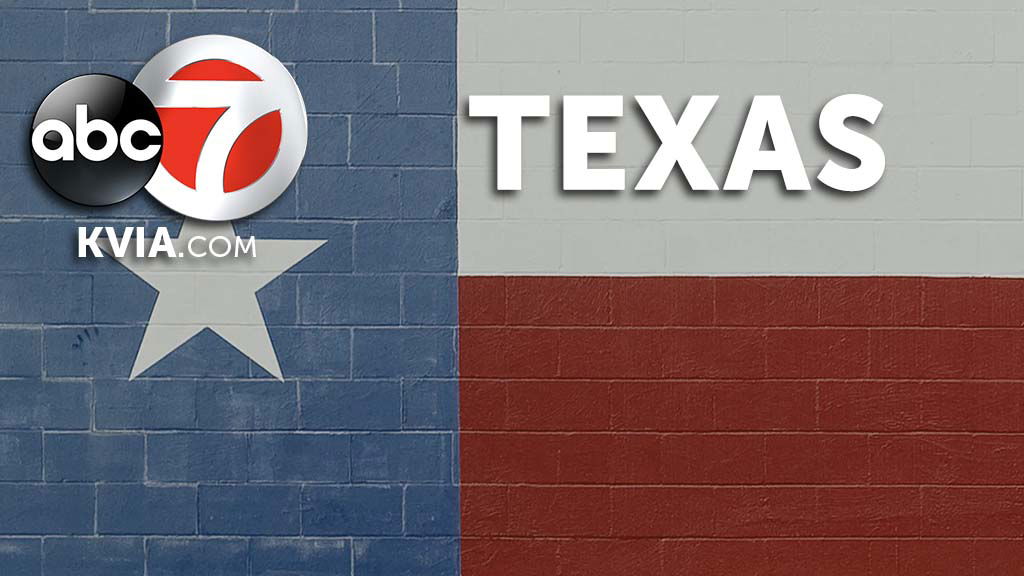High court asked to stop Arkansas law against Israel boycott

By TERRY WALLACE and ANDREW DeMILLO
Associated Press
LITTLE ROCK, Ark. (AP) — Free-speech advocates asked the Supreme Court on Thursday to overturn a federal appeals court ruling that upheld an Arkansas law requiring state contractors to pledge not to boycott Israel.
Contractors that don’t sign the pledge must reduce their fees by 20%. Republican legislators who drafted the 2017 law have said it was not prompted by a specific incident in the state.
The American Civil Liberties Union sued on behalf of the Arkansas Times, a Little Rock-based alternative weekly newspaper.
The 8th U.S. Circuit Court of Appeals ruled in June that the law does not unconstitutionally infringe on free-speech rights. The full St. Louis-based court’s decision overturned a three-judge panel’s ruling last year that the law violated contractors’ free-speech rights.
“America was founded on political boycotts, and boycotts are a powerful way to speak and create change,” said Holly Dickson, executive director of the ACLU of Arkansas. “This state legislative majority wanted the government to have power to force people to relinquish their First Amendment rights or pay a penalty, and that is a dangerous step backward for our rights.”
In an email to The Associated Press, spokeswoman Amanda Priest said Arkansas Attorney General Leslie Rutledge “will continue to defend Arkansas’s anti-discrimination law which reinforces the state’s relationship with its long-standing ally, Israel.”
In its plea for the Supreme Court to take up the case, the ACLU called the 8th Circuit Court’s ruling a “radical departure” from a Supreme Court precedent that an NAACP boycott of a Port Gibson, Mississippi, hardware retailer was constitutionally protected speech, expression and assembly.
The high court “has long stood for the principle that states cannot suppress politically motivated consumer boycotts,” the ACLU said. It said the 8th Circuit Court ruled that only speech and associations surrounding a boycott were protected, not a boycott itself.
The ACLU also asserted that the 8th Circuit decision was inconsistent with rulings by other federal appeals courts, creating judicial uncertainty.
It also argued that the ruling “gives states a blank check to selectively penalize boycotts that express disfavored messages, as Arkansas did here, and thereby conflicts with the First Amendment’s requirement of content neutrality.”
The law followed similar restrictions enacted by other states in response to a movement promoting boycotts, divestment and sanctions of Israeli institutions and businesses over the country’s treatment of Palestinians. Israeli officials say the campaign masks a deeper goal of delegitimizing and even destroying the country.
Similar measures in Arizona, Kansas and Texas that were blocked by the courts were later allowed to be enforced after lawmakers narrowed the requirement to apply only to larger contracts. The Arkansas law applies to contracts worth $1,000 or more.
Citing its anti-boycott law, Arizona last year sold off millions of dollars in Unilever bonds over subsidiary Ben & Jerry’s decision to stop selling its ice cream in Israeli-occupied territories.
___
Wallace reported from Dallas.
